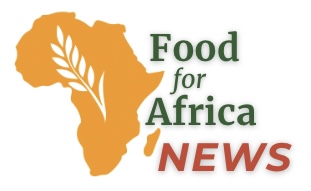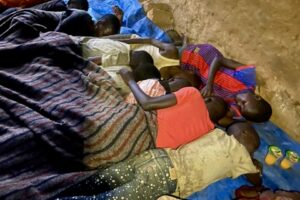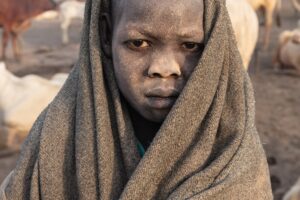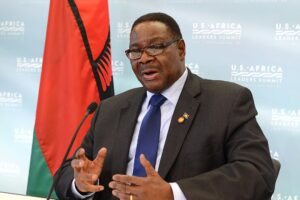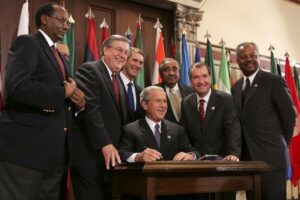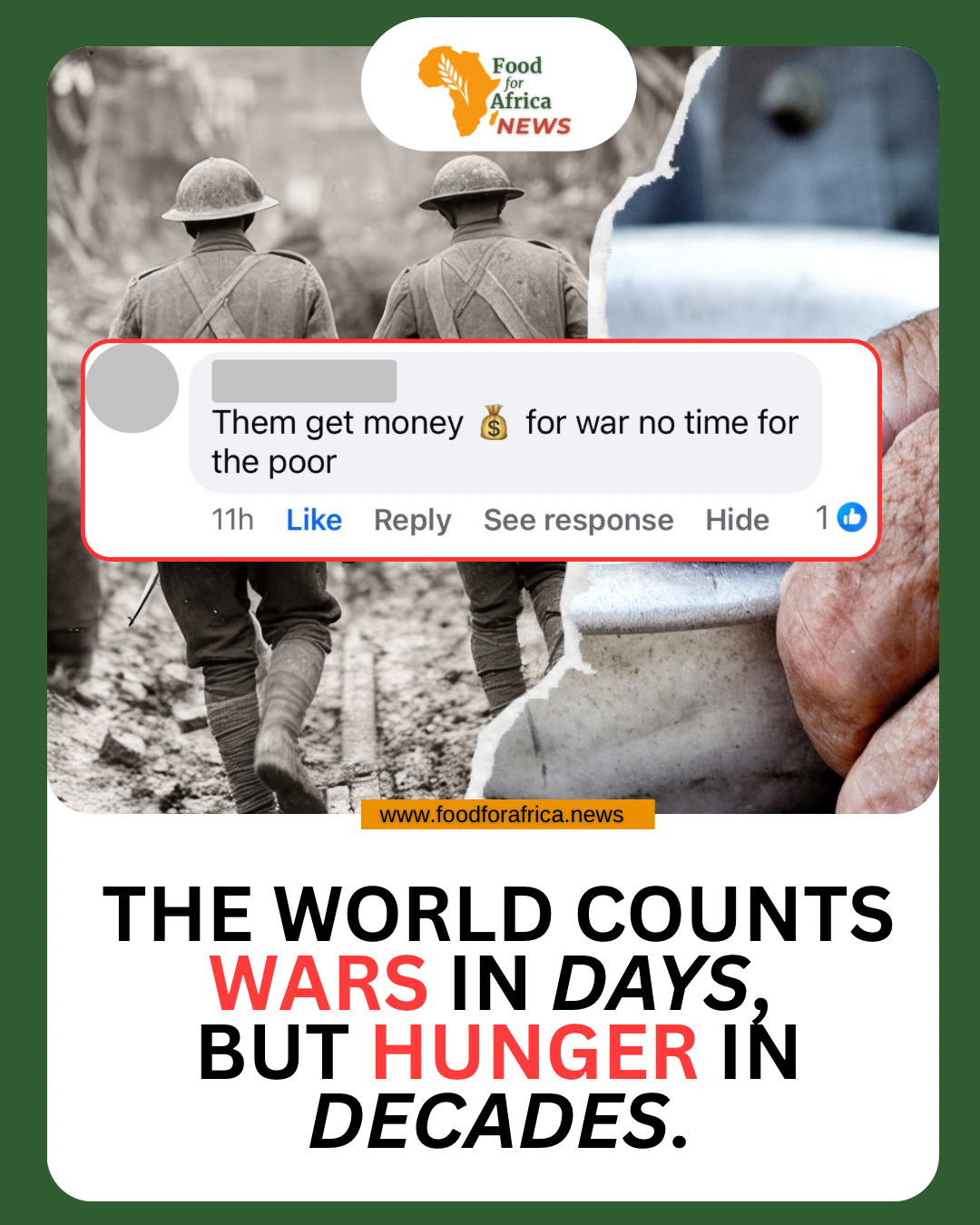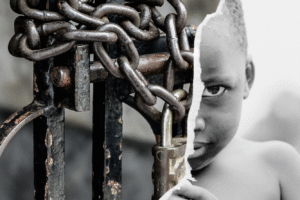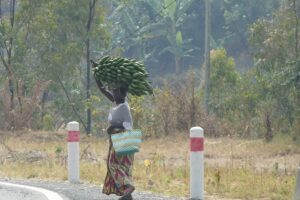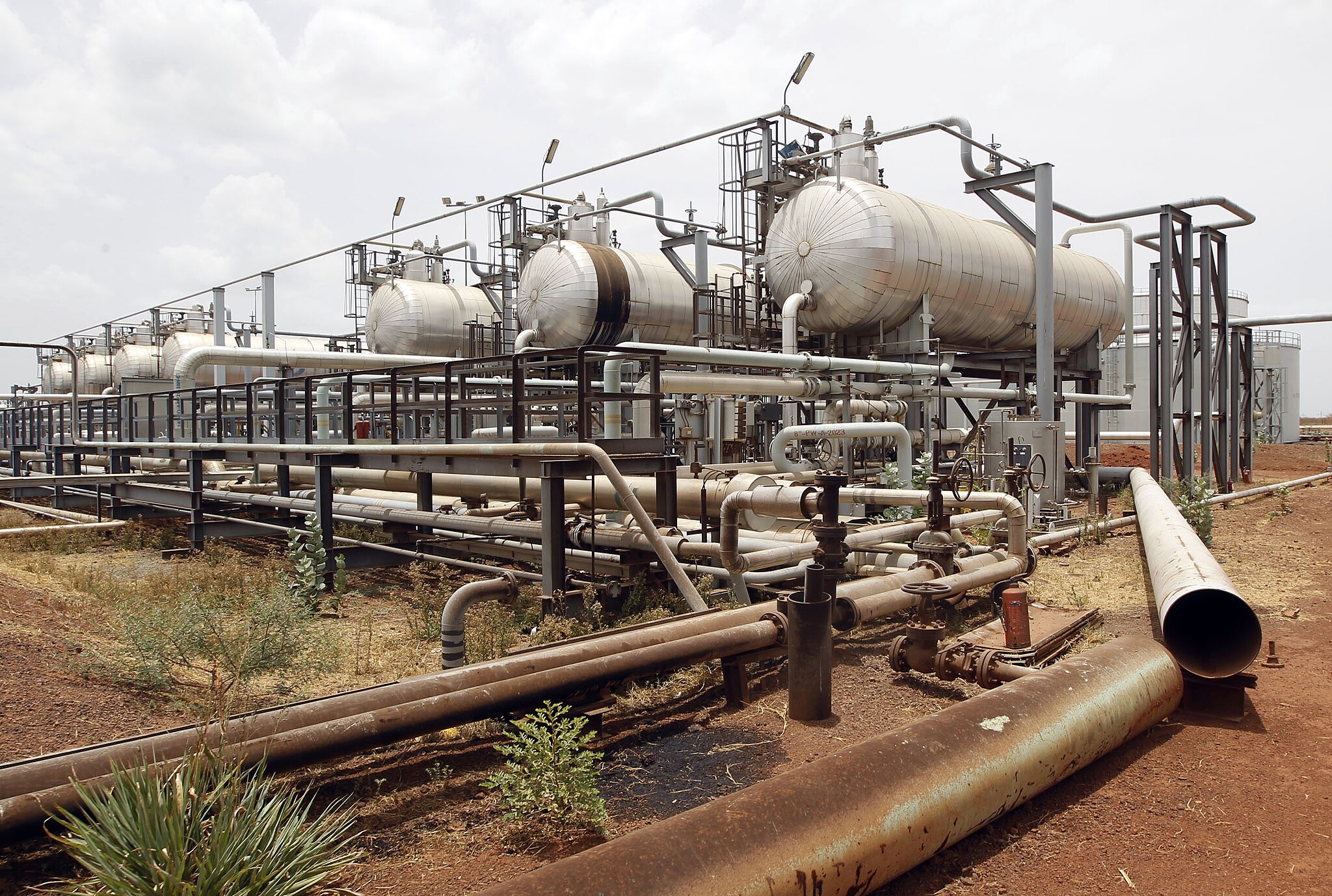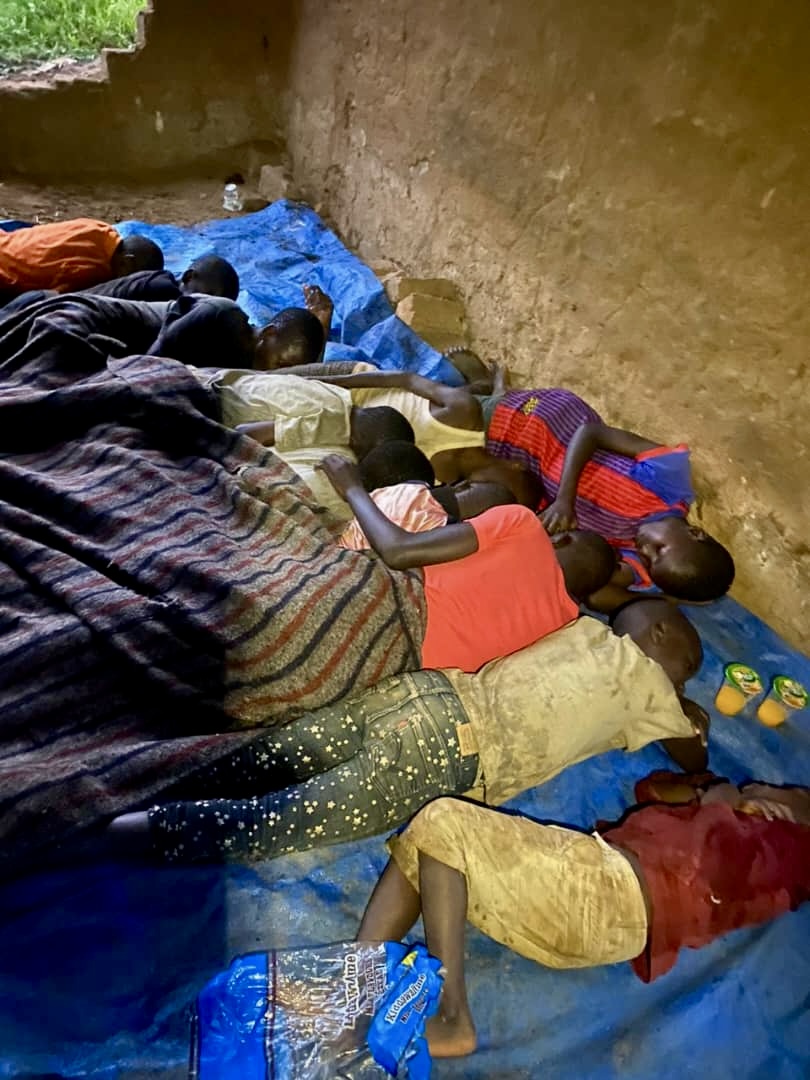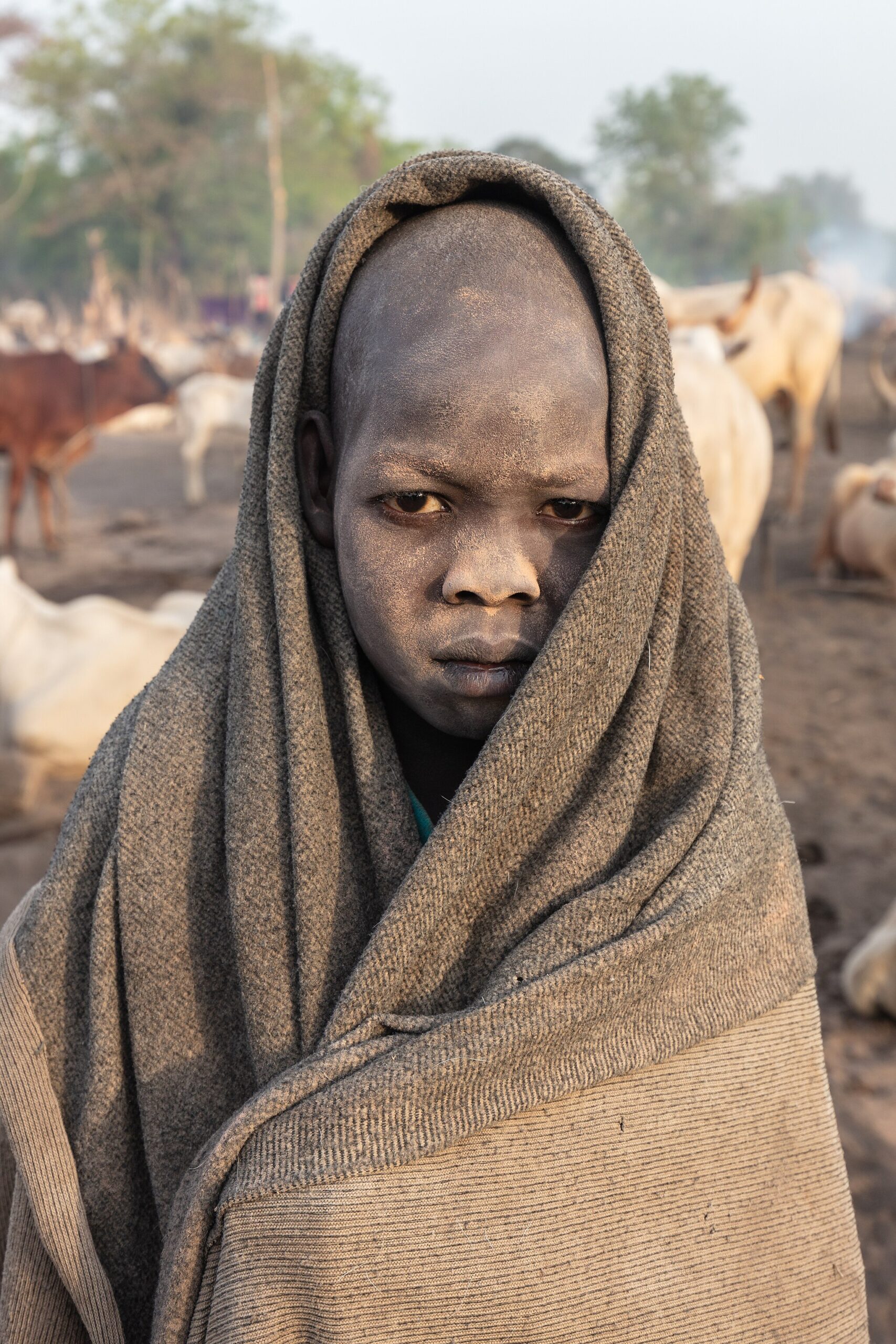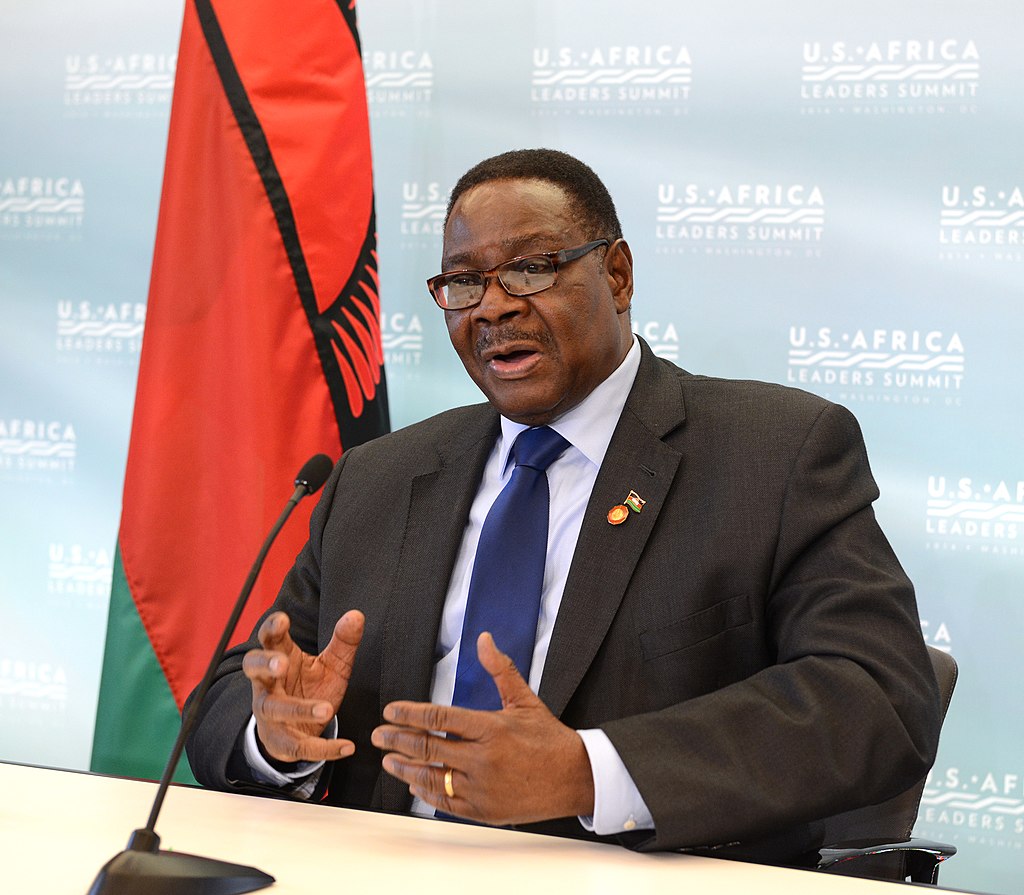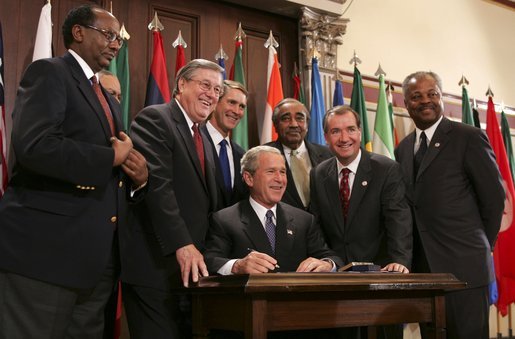South Sudan should not be poor. The country sits on an estimated 3.5 billion barrels of oil reserves, fertile soil along the Nile, and vast potential for agriculture. Yet in 2025, the International Monetary Fund still lists it as the poorest nation in the world, with an annual GDP per capita of just $251.
It is a paradox that has haunted South Sudan since independence in 2011: wealth in the ground, but little wealth above it. Oil revenues dominate the economy, accounting for more than 90 percent of government income. But those funds rarely reach citizens. Instead, they are siphoned off by political elites, lost through corruption, or disrupted by conflict and pipeline shutdowns.
Oil Without Prosperity
Oil should have been South Sudan’s ticket out of poverty. Instead, it has entrenched fragility. The country exports nearly all its crude through a pipeline running north into Sudan. When Sudan plunged into civil war in 2023, the pipeline was bombed and crippled for months, cutting South Sudan’s lifeline. Salaries went unpaid, hospitals closed, and markets collapsed. Even now, with repairs completed and exports resumed, the risk of another shutdown hangs over the economy like a sword.
Analysts warn that South Sudan is trapped in “resource dependency without resilience.” Unlike other oil producers that used revenues to diversify, South Sudan has invested almost nothing in industry, farming, or infrastructure. The result: a country with oil under its feet, but empty shelves in its markets.
Fertile Land, Empty Fields
Alongside oil, South Sudan has the natural ingredients for food security. The Nile basin and savannah soils could make it a breadbasket for East Africa. Yet decades of war, displacement, and flooding mean that much of this land goes uncultivated. Farmers who do plant face poor roads, no access to markets, and the constant threat of violence.
Instead of feeding its own people, South Sudan now relies heavily on food aid from the UN World Food Programme and imports from Uganda and Sudan. In a tragic twist, fertile land has become a wasted asset, while hunger defines daily life.
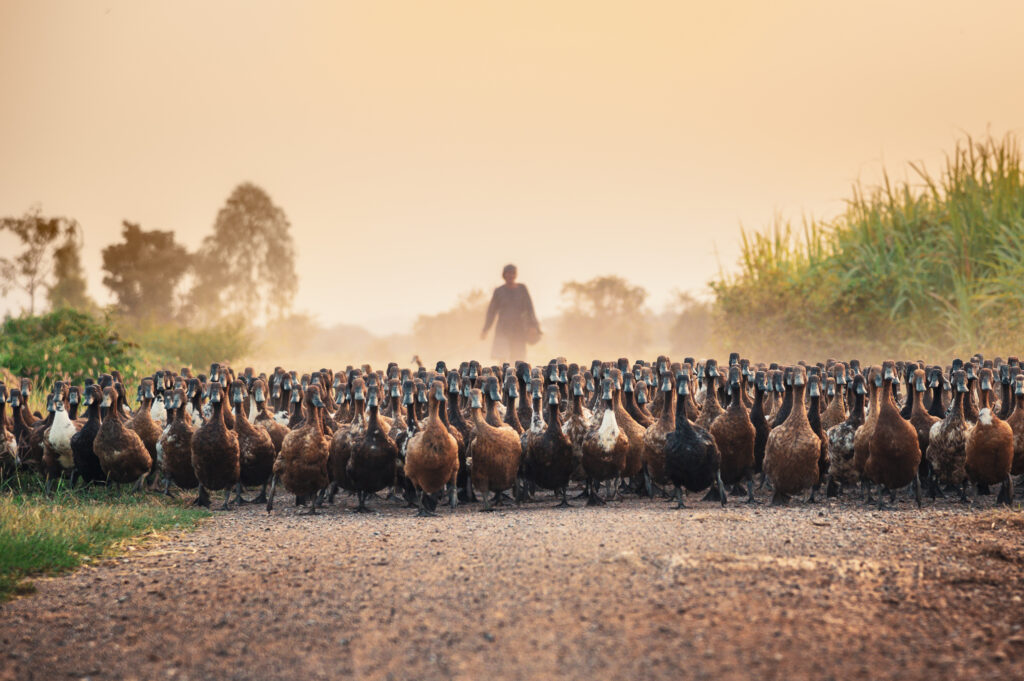
Corruption and Governance Gaps
At the center of this paradox is governance. Oil earnings have fueled patronage networks instead of national development. Aid groups regularly report that local authorities impose “fees” on humanitarian shipments, diverting resources away from those in need. The UN has repeatedly urged South Sudan’s leaders to use oil wealth transparently, but reforms have been slow and inconsistent.
The government recently pledged to follow new IMF guidance, which includes publishing oil receipts and reducing leakages in spending. But donor confidence is thin, and without visible changes, international patience is running out.
Breaking the Cycle
Experts argue that South Sudan’s path out of paradox is clear but politically difficult:
- Stabilize oil exports while ring-fencing revenues for social services.
- Invest in agriculture to turn fertile land into real food production.
- Strengthen governance and transparency, cutting out corruption at checkpoints and ministries.
- Protect farmers and aid workers from violence, ensuring markets and relief supplies can reach those who need them.
South Sudan’s leaders often talk about sovereignty and independence, but true independence cannot come from oil alone. It will come when the country can feed itself, build roads that connect its regions, and offer opportunities beyond survival.
Until then, South Sudan remains caught in its paradox: a nation rich in potential but poor in reality.
Sources
- IMF World Economic Outlook 2025: IMF WEO Database
- Visual Capitalist – “The Poorest Countries in the World (2025)” (June 2025): Visual Capitalist
- World Bank South Sudan Overview: World Bank
- FAO & WFP Reports on South Sudan: FAO Hunger Hotspots
- Reuters – Coverage on pipeline disruption and oil exports: Reuters
- UN News – “South Sudan at a turning point” (2025): UN News
